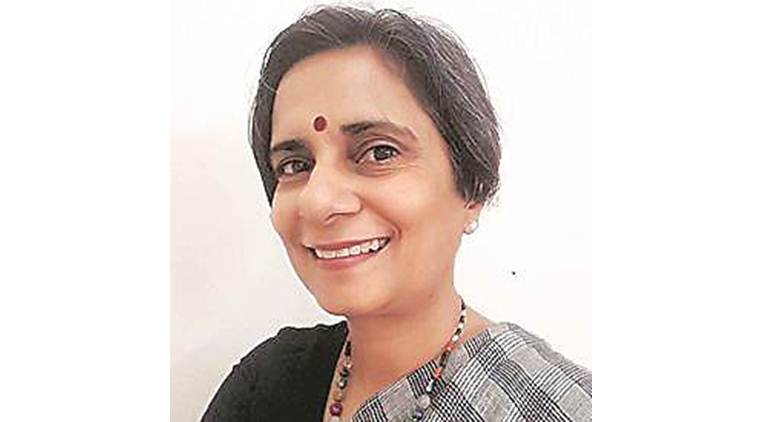
Written by Aggam Walia
A woman taking a stand, even without impinging on anyone else, is labelled problematic, rude or troublesome, says biologist Gagandeep Kang, the first Indian woman scientist to be inducted as Fellow of the Royal Society in its 359 years of history.
Known for her interdisciplinary research on enteric infections among children, Kang has played a significant role in developing indigenous vaccines against rotavirus and typhoid.
Read | Who is Gagandeep Kang — the first woman Indian scientist inducted as Royal Society Fellow
“For a woman in research to be taken seriously, is rare. If you stand up for yourself, even without impinging on anyone else, you are labelled problematic, rude, or troublesome. Even when it comes to awarding large scale financial support or leadership role, women are not considered. Ultimately, in science and in leadership, your work speaks for itself. In my case, what really helped was an unwillingness to give up easily,” says Kang.
She is currently working as executive director of the Translational Health Science and Technology Institute (THSTI) in Faridabad.
“I am the elder daughter of a teacher and a mechanical engineer in the Indian Railways. My parents moved a lot but did not want that my sister and I go to a boarding school. So we changed a lot of schools and lived in many places, mainly small towns”, says Kang, whose family hails from Jalandhar.
To pursue higher education, she went to a Christian Medical College, Vellore and joined as faculty there after completing her MBBS and graduating as MD in microbiology. Kang specialises in gut infections. “I started with laboratory-based research, but very quickly moved on to research in communities, she says.
“Kang is investigating the complex relationships between infection, gut function and physical and cognitive development, and seeking to build a stronger human immunology research in India. She has established strong training programmes for students and young faculty in clinical translational medicine aiming to build a cadre of clinical researchers studying relevant problems in India,” her profile on the Royal Society website reads.
Kang says she took up medicine as “being of service to society was a given in our family”. The biologist, however, adds that there was no jingoism in the late 1970s and early 1980s. “There was a deep rooted belief among my friends and family that we had to work for India. Perhaps that was because most of my family was in the Defence or central services, she elaborates.
As a researcher, Kang often found it difficult to balance family and work, but got support from her parents.
On her future plans, Kang says, “We need high-quality research in India. We need to identify problems that are relevant, and then address them through properly designed studies where the results inform the decisions of clinicians or public health policymakers. My goal is to continue to highlight the gaps in the ecosystem that holds us back”.
The 57-year-old scientist is a part of the list which includes Canadian-American mathematician of Indian origin Manjul Bharghava who is Professor of Mathematics at Princeton University in the United States.